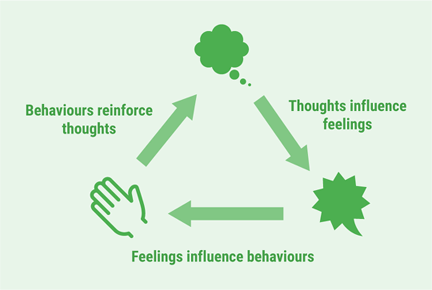Cognitive Behavioural Therapy for Insomnia (CBT-I) or (CBTi) is recommended for the treatment of Chronic Insomnia by the American College of Physicians (ACP) and the American Academy of Sleep Medicine (AASM).
Chronic Insomnia
“Insomnia is considered chronic if a person has trouble falling asleep or staying asleep at least three nights per week for three months or longer.” Sleep Foundation
I’m a therapist who believes in CBT because I’ve seen how it can help my clients – Mary Cross, CBT Specialist.

“Cognitive behavioral therapy (CBT) is a short-term, goal-oriented psychotherapy treatment that takes a hands-on, practical approach to problem-solving”.

My Cognitive Behavioural Therapy approach to Insomnia
- stress-reduction
- decreasing the anxiety around insomnia
- minimizing any rumination about the past or worries about the future that can make falling asleep or falling back asleep, difficult.
- challenging negative thoughts about sleep
- using a sleep diary to assess how much sleep you are actually getting
- changing any behaviours that are interfering with restful sleep
- if needed, a sleep restriction program to reset the sleep drive
Ideally, before we begin
- Have tried to improve your “sleep hygiene“.
- Have consulted your Health Practitioner in order to evaluate or rule out physical causes of insomnia. Some times blood work is needed to rule out illness, conditions or vitamin deficiencies.
- Physicians can also refer you to a free sleep study that can also help determine causes such as sleep apnea.
- Are not currently on sleeping medication (unless you want to wean off them), working shifts, or overusing drugs or alcohol.
Number of Sessions:
Everyone’s needs are different, but generally people see me for 4-6 sessions.
Frequency:
Generally, sessions are twice weekly, or every week. In between sessions, you will be encouraged to do “homework” including trying new tools and techniques, or a sleep restriction program to reset your sleep drive.